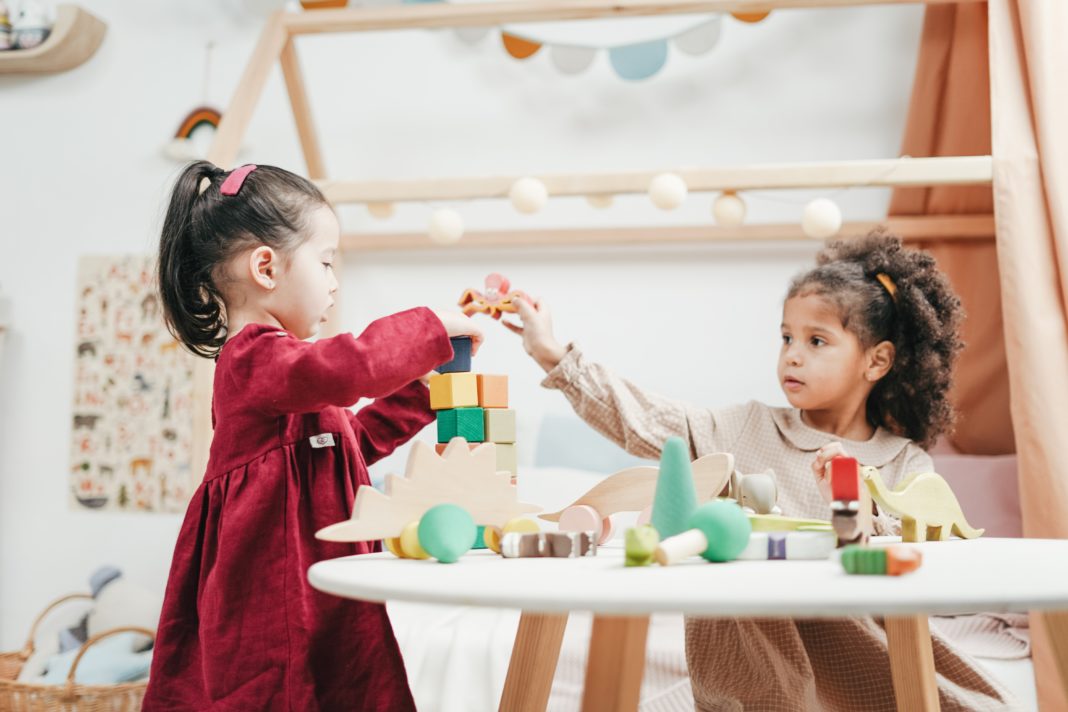Welcome, dear parents who are embarking on the wonderful journey of parenting! In this exciting chapter of our blog, we’ll be addressing a crucial topic for raising happy and balanced children: setting healthy boundaries and fostering self-regulation skills. We understand that it’s not an easy task, but with love, patience, and effective strategies, we can guide our little ones toward positive emotional and behavioral growth. Join us as we explore practical tips and expert advice to assist you on this passionate journey.
1. The Importance of Boundaries in Parenting
Let’s begin by understanding why boundaries are so critical in parenting. Boundaries provide children with a sense of security and structure in a world full of novelties and challenges. Setting clear limits helps them grasp expectations and learn to make informed decisions. Moreover, it teaches them the valuable skill of self-regulation, which is essential for managing emotions and behavior as they grow.

2. Be a Role Model
Children primarily learn through observation and imitation. This means that your own behavior plays a fundamental role in shaping their habits. If you want your children to develop self-regulation skills, it’s crucial to demonstrate self-regulation in your own daily life. Communicate your own emotions in a healthy manner and show how to handle stress and frustration constructively.
3. Setting Limits Positively
When it comes to setting limits, positive communication is key. Instead of focusing on what shouldn’t be done, guide your children toward what is appropriate. Use clear and specific language to set your expectations. For instance, rather than saying “Don’t shout,” you can say “Let’s speak in a soft voice.” Remember to praise and reward their good behavior to reinforce positivity.
4. Practicing Self-Regulation
Teaching children to self-regulate involves helping them identify their emotions and find healthy ways to express them. Create a safe space where they can openly discuss their feelings. Introduce techniques like deep breathing, counting to ten, or taking a break to calm down. As they practice these strategies, you’ll be providing tools that will serve them throughout their lives.
5. Flexibility and Empathy
While it’s essential to set boundaries, it’s also important to be flexible and empathetic. Acknowledge that each child is unique and may have challenging moments. Listen to their viewpoints, show empathy toward their feelings, and adapt your approaches to their individual needs. This reinforces trust between parents and children and encourages open communication.
In conclusion, raising children with healthy boundaries and self-regulation skills is an invaluable gift we offer them for life. Remember that, as parents, we’re here to guide, support, and love our little ones in their emotional growth. Through positive communication, leading by example, and empathy, we can forge strong connections and provide them with the tools they need to face the world with confidence. If you wish to continue exploring tips and experiences about the wonderful journey of motherhood and parenting, subscribe to our blog and join our loving community! Together, we’ll grow as exceptional parents as our children flourish and bloom.
I hope you found this article helpful and engaging. If you have more questions or need further guidance, feel free to get in touch. Until next time, amazing families!














